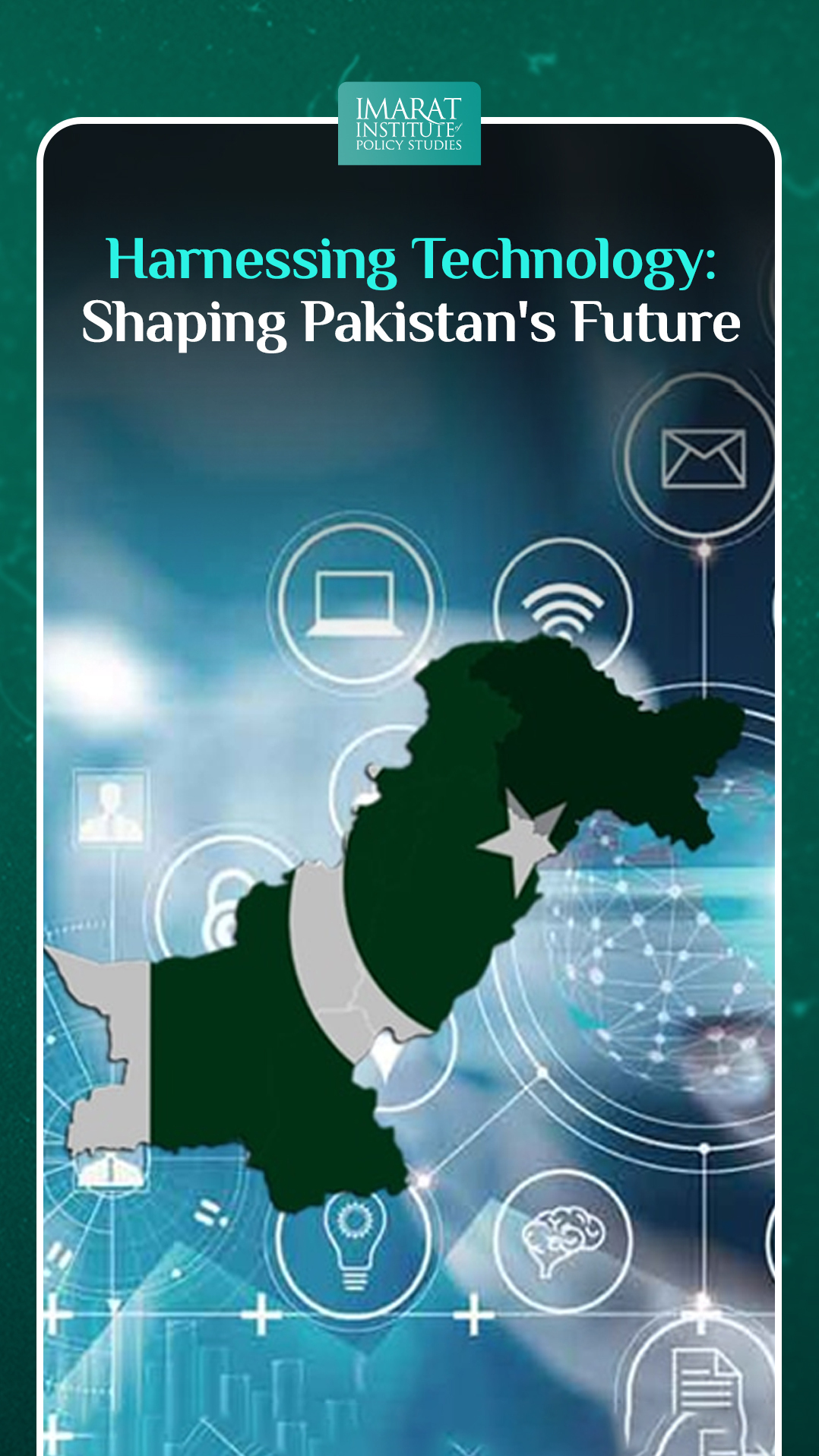In an increasingly interconnected world, technology plays a pivotal role in driving socio-economic development and shaping the future of nations. Pakistan, with its youthful population and growing digital landscape, stands at a crucial juncture where technology holds immense potential to revolutionize various sectors and propel the country towards prosperity. In this blog, we explore the transformative role of technology in shaping Pakistan’s future and the opportunities it presents for innovation, growth, and inclusive development.
Digital Connectivity
One of the most significant impacts of technology in Pakistan is the expansion of digital connectivity. The widespread availability of smartphones and affordable internet access has empowered millions of Pakistanis with access to information, communication, and online services. This digital revolution has bridged geographical barriers, facilitated e-commerce, and transformed the way people connect, learn, and transact.
Education and Skill Development
Technology has the power to democratize education and skill development, offering new avenues for learning and empowerment. Through online platforms, distance learning initiatives, and digital skills training programs, technology enables access to quality education and vocational training, particularly in remote and underserved areas. By nurturing a digitally literate workforce, Pakistan can unlock the full potential of its human capital and foster innovation and entrepreneurship.
Economic Growth and Innovation
The integration of technology into various sectors, including finance, agriculture, healthcare, and manufacturing, catalyzes economic growth and drives innovation. Digital payment solutions, fintech startups, and e-commerce platforms are revolutionizing the way business is conducted, expanding market opportunities, and promoting financial inclusion. Additionally, leveraging technologies such as artificial intelligence, big data analytics, and blockchain can enhance productivity, efficiency, and competitiveness across industries, fostering a vibrant ecosystem of innovation and entrepreneurship.
Governance and Service Delivery
Technology plays a crucial role in enhancing governance, transparency, and service delivery, thereby strengthening institutions and improving public welfare. Digital platforms for citizen engagement, e-governance initiatives, and smart city solutions streamline administrative processes, reduce bureaucratic hurdles, and enhance the efficiency of public services. By harnessing technology-enabled solutions, Pakistan can overcome governance challenges, promote accountability, and ensure equitable access to essential services for all citizens.
Challenges and Opportunities
While technology presents immense opportunities for Pakistan’s future, it also poses challenges that must be addressed to harness its full potential. These include bridging the digital divide, ensuring cybersecurity, protecting privacy rights, and fostering digital literacy and skills development. By investing in infrastructure, promoting innovation-friendly policies, and fostering collaboration between government, industry, academia, and civil society, Pakistan can overcome these challenges and chart a path towards a digitally empowered future.
Conclusion
As Pakistan embarks on its journey towards socio-economic development and prosperity, technology emerges as a powerful enabler and catalyst for change. By embracing digital transformation, investing in human capital, and fostering an enabling environment for innovation and entrepreneurship, Pakistan can unlock new opportunities, enhance competitiveness, and improve the quality of life for its citizens. With a clear vision, strategic investments, and collaborative efforts, technology will continue to shape Pakistan’s future, driving progress and prosperity for generations to come.
This article is written by Shahmeer Adnan. Shahmeer is a research analyst at the Iqbal Institute of Policy Studies (IIPS).



Leave a Reply